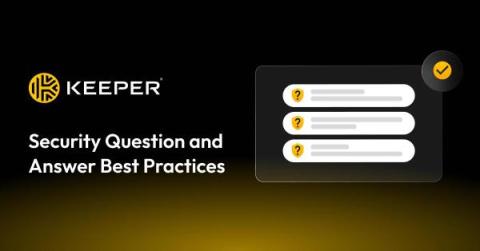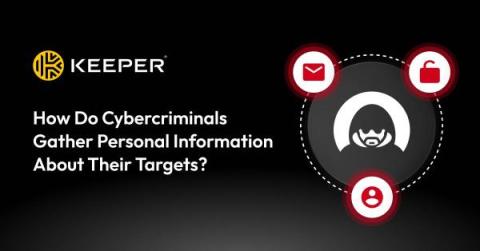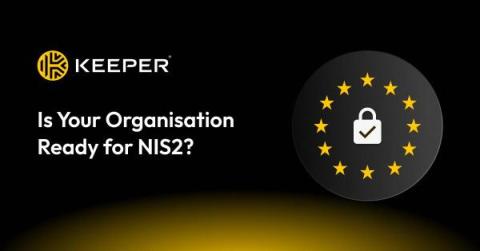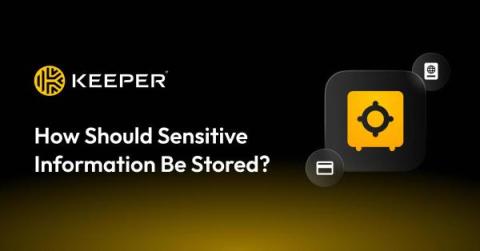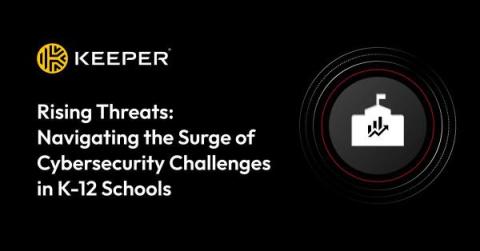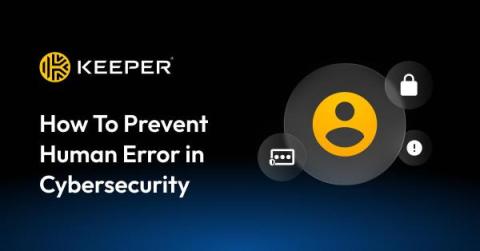What To Do if You've Been Scammed
If you’ve been scammed, there are different actions you should take based on what you were scammed into doing. For example, if you accidentally paid a scammer, you should contact your bank immediately. If you gave a scammer your login credentials, you should update your passwords and enable MFA immediately. If a scammer hacked your device, you should run antivirus software and possibly factory reset your device.






